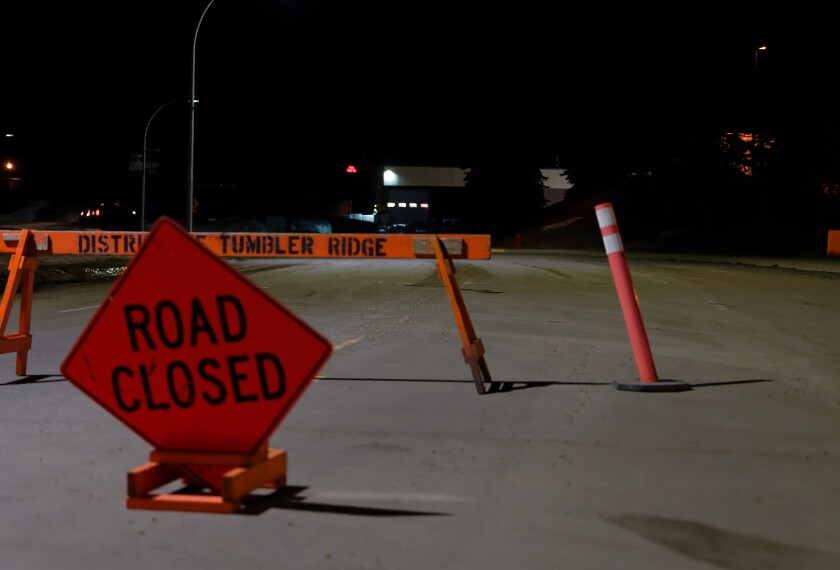Garret Drogosch broke his right leg during football practice at Meads Mill Middle School in Northville, Mich. Then he learned a new word: hazing.
“It wasn’t football that broke my leg,” the 7th grader said in a telephone interview last week. “It was hazing. I had never heard about it. I learned what it means.”
The tale of how the slightly built 12-year-old was repeatedly singled out for a ritual hitting drill that led to the injury has inspired some Michigan legislators to try to make hazing illegal.
To aid his physical healing, Garret has had two surgeries, spent 2½ months using a wheelchair, and is now wearing a leg brace. He expects to have at least one more operation.
For psychological healing, Garret has written letters to state lawmakers supporting anti-hazing bills now before the legislature. He also testified before the state Senate this month that hazing should be considered a crime, not only for high school or college students who participate in it, but also for adults who let it happen.
Two anti-hazing bills were approved unanimously by the Michigan Senate last week. The House has yet to consider them.
Michigan would be the 44th state to pass such legislation, according to a nonprofit organization that tracks anti-hazing laws called Stophazing.org.
District Investigation
In a document that outlines their investigation, Northville school district officials use the word “drill” rather than “hazing” to refer to the activity last October at Meads Mill Middle School during which Garret’s leg was broken.
After investigating the matter, district officials suspended the middle school’s three football coaches, who were in charge of the practice, from their teaching jobs for three days and barred them from coaching football at the school.
David C. Bolitho, the assistant superintendent for administrative services for the 6,430-student district, wrote in his report that the coaches had “used extremely poor judgment in incorporating this drill” into football practice.
Garret’s father, Paul J. Drogosch, said the practice activity was pitched by coaches to players as a “tradition” called “8th grade hit day.”
Each 8th grader was told to select a 7th grader and hit him after a running start of five yards, according to Mr. Drogosch and the report. The 7th graders were told to stand still with their arms by their sides and feet together and not to protect themselves, Mr. Drogosch added.
Mr. Drogosch and his wife, Cheryl Drogosch, have filed a civil lawsuit in the Wayne County Circuit Court against the two coaches who were present during the activity and a third coach who allegedly helped plan it but went home sick hours before it was carried out. The lawsuit accuses the coaches of “gross negligence” and seeks a minimum of $25,000 in damages.
But Suzanne P. Bartos, the lawyer representing the coaches, said the incident was not hazing, and the coaches did not act recklessly. The drill was accepted practice, and the coaches were very upset Garret was injured, she said.
Garret, who stands 4 feet, 11 inches tall and weighs 85 pounds, was selected three times to be hit. The third 8th grader who hit him was about a foot taller than Garret and outweighed him by at least 45 pounds, according to the lawsuit.
On the third hit, two bones in his leg broke.
Mr. Drogosch, an accountant, asserts that if he hadn’t persisted in having the incident addressed as an example of hazing, district officials “would have pretended it was merely another injury on the football field and moved on.”
“Whether it was hazing or not,” the school district’s lawyer Terry Miglio said, “the district reacted to the fact that it found the coaches acted inappropriately.”
Sen. Nancy Cassis, a Republican and the sponsor of one of the two anti-hazing bills, said that having worked for 17 years as a school psychologist in Michigan’s Novi community school system contributed to her interest in the bills.
‘No Place in Education’
In addition to sponsoring the bill that spells out penalties for people convicted of hazing, Ms. Cassis sponsored an amendment to the other bill to ensure that adults employed at schools or universities, as well as students, can be convicted of participation in hazing. Legislators have named the amendment “Garret’s law” in Garret Drogosch’s honor.
“I don’t think there is any place in school and out of school for humiliation and, God forbid, the kind of hazing happening throughout this country that can result in serious injury or death,” Ms. Cassis said. “It has no place in education.”
Besides Michigan, the states that don’t have anti-hazing laws are Alaska, Hawaii, Montana, New Mexico, South Dakota, and Wyoming, according to Stophazing.org, based at the University of New Hampshire.




